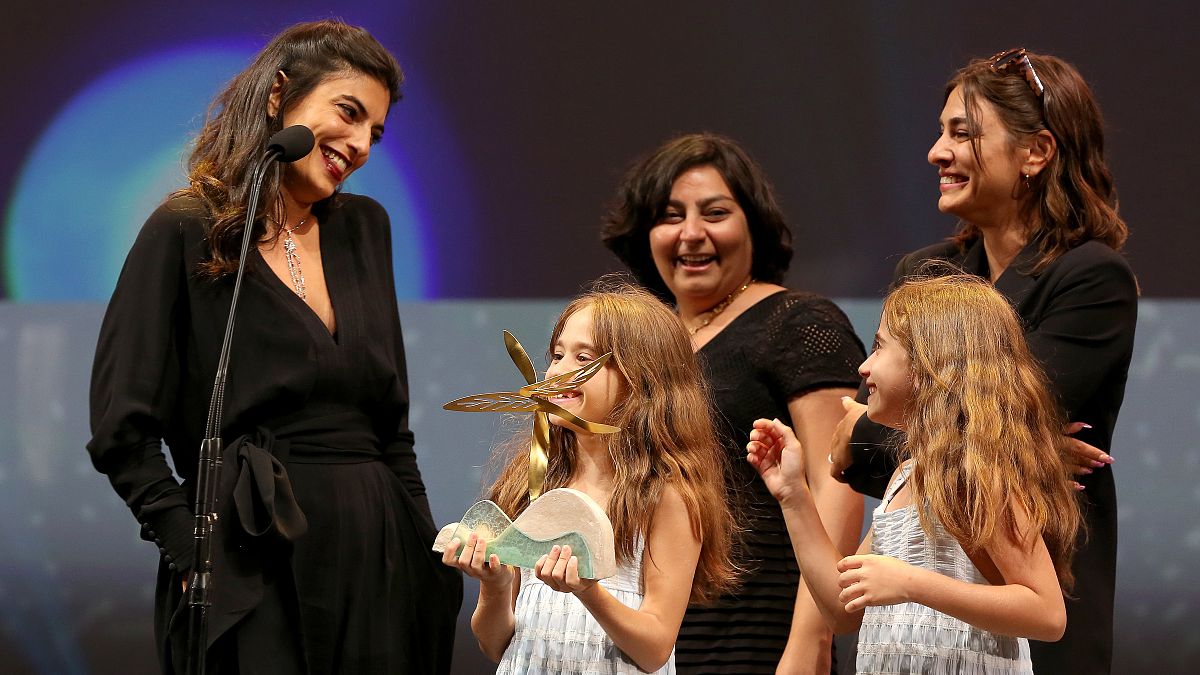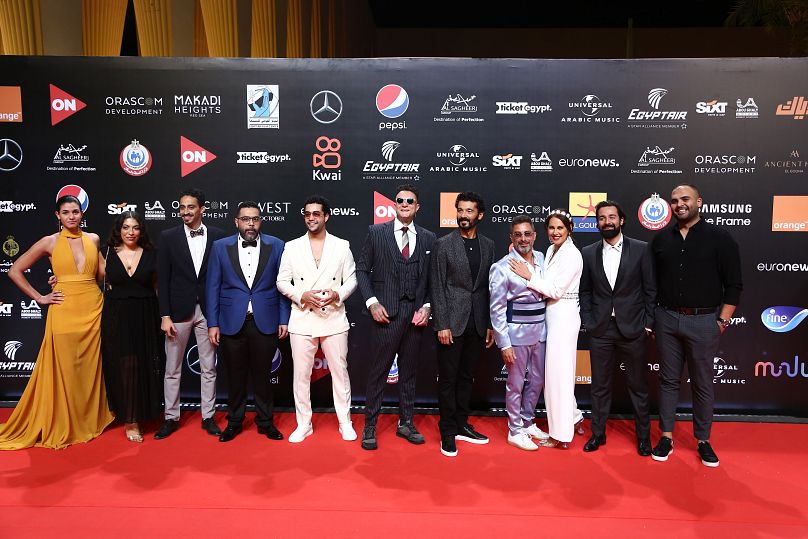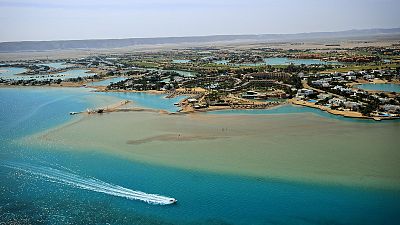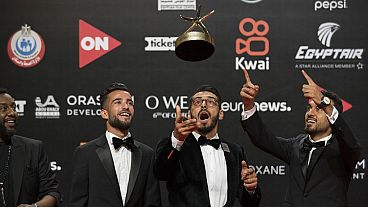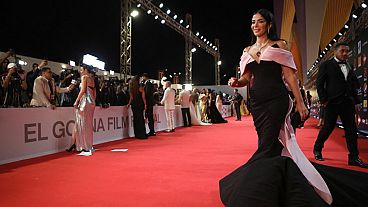Arab Cinema has a continued reputation for breaking down barriers and stereotypes, and often at times, making a political statement. Many countries also experienced a spike in film production after they gained independence.
The El Gouna Film Festival (GFF) pulled off an incredible two-week programme of film screenings, masterclasses and workshops for their 5th edition. The fortnight of films culminating in a glamourous red-carpet awards ceremony. The annual event is a key platform for Arab Cinema and it also continues to attract submissions from international filmmaking talent.
There were questions as to whether the event would go ahead after a fire broke out just 24 hours before the opening in the Festival Plaza. As the world of Arab Film descended on El Gouna attention was focused on Arab cinema and its evolution.
Mohamed Hefzy is the producer of “Feathers”, which won the Best Arab Narrative Film at the closing ceremony. He said the Arab Film world is rapidly developing in terms of both features and documentaries.
“We're feeling more support for Arab cinema now with new festivals and new funds that are being created. We're also seeing, a new industry coming out in Saudi Arabia, and an audience that is quite huge in terms of not just population, but in terms of passion for cinema and spending power.”
He also told Euronews that it opens up the market to a bigger audience.
“So, it's an exciting time to be a filmmaker or a content creator from the Middle East,” he said.
Egyptian Actress, Sara Abdulrahman, said over the last 10 years, things have really taken off in Arab Cinema.
“Now there's a lot of smaller, shorter formats that are being made, and this is great for the industry because that means there are more productions and more stories to be told.”
Arab Cinema has a continued reputation for breaking down barriers and stereotypes, and often at times, making a political statement. Many countries also experienced a spike in film production after they gained independence.
Costa Brava, Lebanon, is a family drama set against the backdrop of a climate crisis. It received two awards at the festival.
Lebanese actress Yumna Marwan who plays Alia said making the film was cathartic as she had already left Lebanon due to instability in the country.
“I came to do the film and it was literally also me returning to my country and having to face everything the character does,” adding,
“So just this whole journey, after the blast to come back to Lebanon and be with them. That was the most important thing. I think it sheds light on a lot of things that are happening locally, but it's also very global and what it's trying to say.”
'Captains of Za’atari' is a tale of two friends who are Syrian refugees in a camp, with big dreams of becoming footballers. On winning the Best Arab Feature Documentary award, Egyptian director Ali El Arabi said it was emotional for the whole team.
“This is not just for me, it's for the many thousands and thousands of refugees around the world. And I'm happy because I'm in my home country and all the people loved and watched the film and gave me amazing feedback.”
The consensus of the industry over the festival was that great work was happening in the Arab Film industry but more support was needed at a grassroots level.
British-Egyptian Actor, Amir al-Masri, said he would like to see more platforms that help up and coming directors and writers and nurture new talent.
“They are doing that, but I'd like to see more of it, for sure. Across the board, not just here in the Middle East, but everywhere around the world.”
‘Feathers’ producer, Mohamed Hefzy said going forward he would like to see more support for Arab Cinema and independent filmmakers from their respective governments. He told Euronews that would like to see the films do well outside of the festival circuit.
“Commercially speaking, in terms of audiences embracing it, for example, what happened with Parasite, that great film from South Korea, I mean, we would love to have another film that does something like that.”
He also said he would like to build on recent success and drive Arab cinema forward.
“I think that's the next step. And I'm hoping that with more films being produced and better films being produced that that's going to happen soon.”
